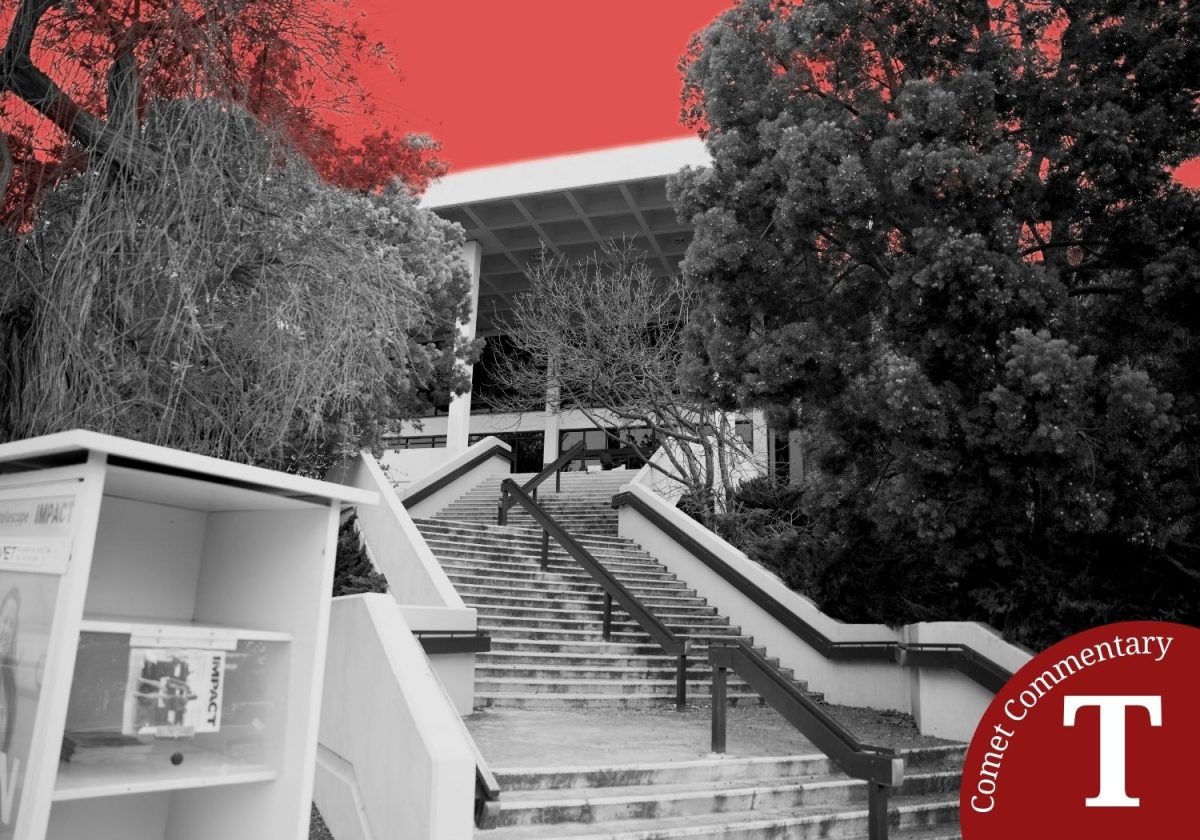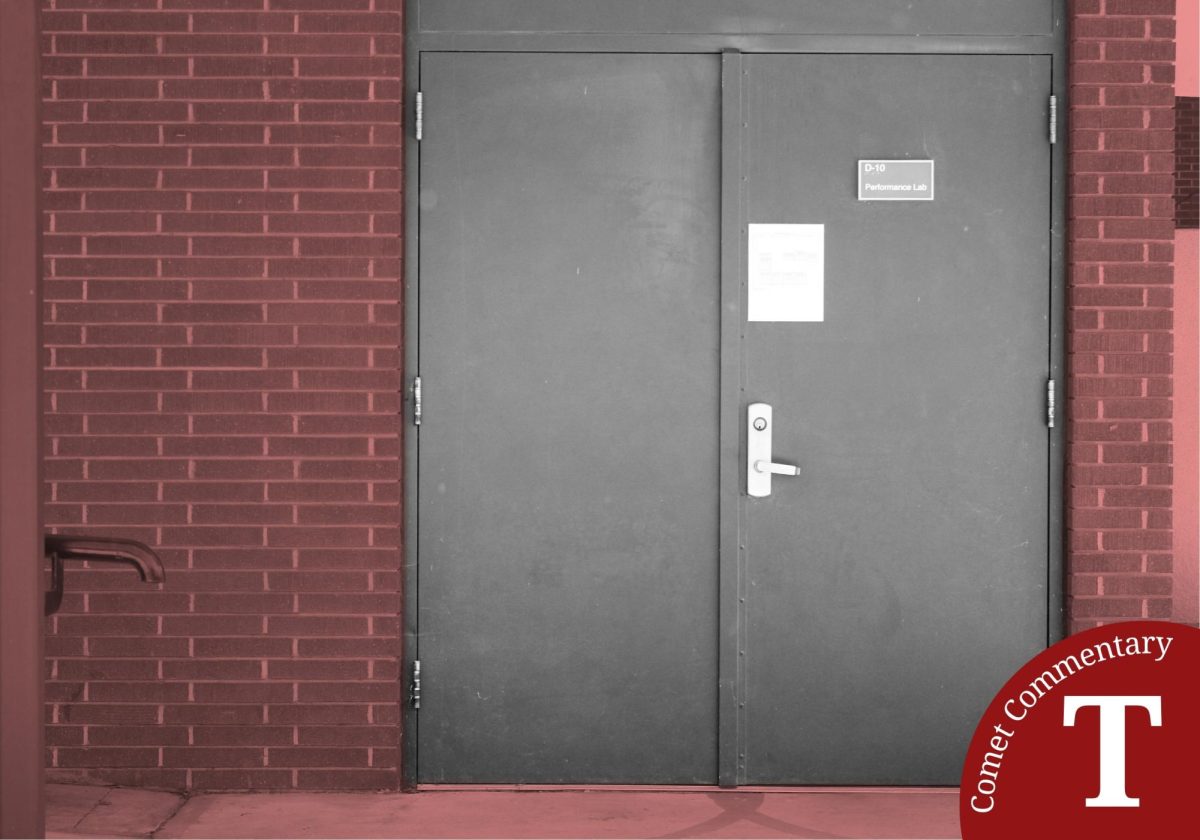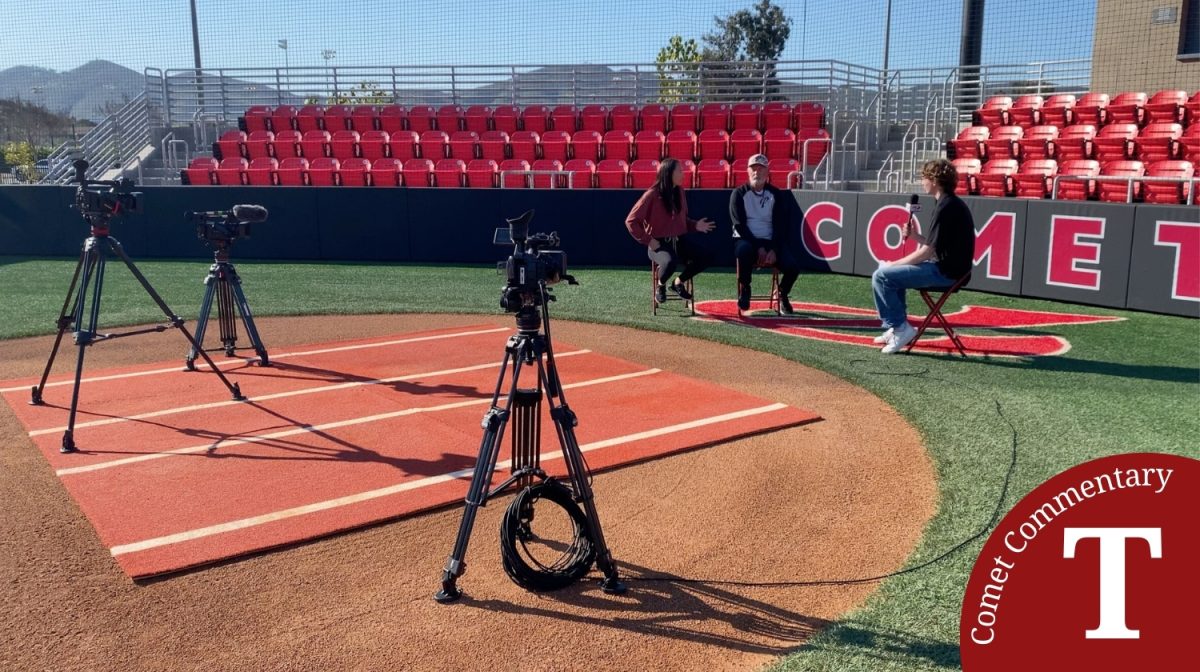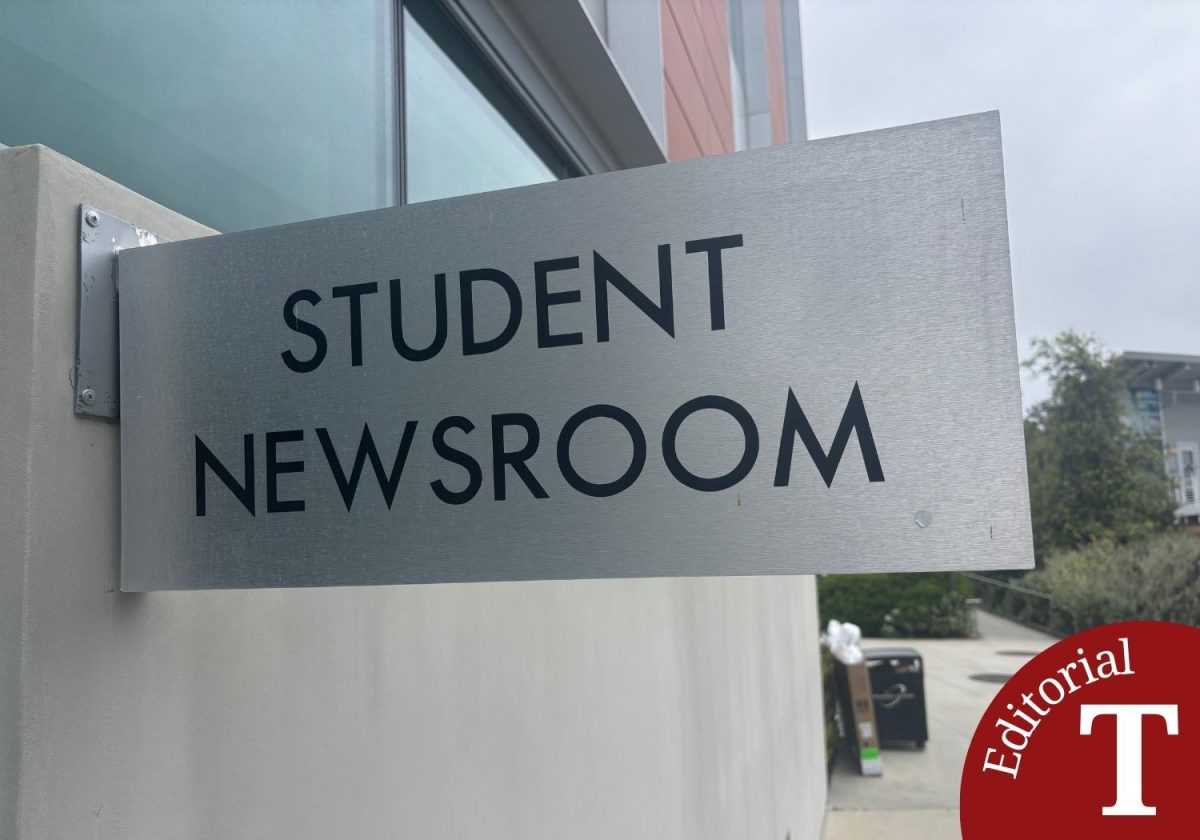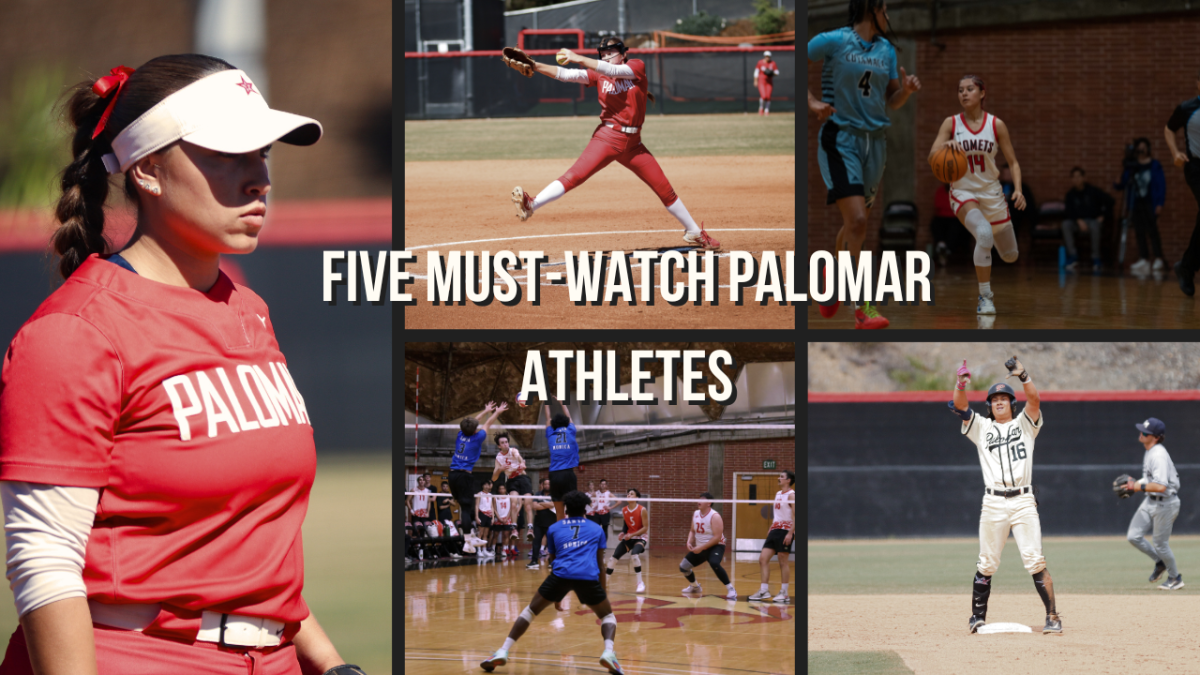When voting in the 2020 election or any future election, students need to understand the dangerous role that social media is playing.
Before students cast their vote, they need to know what is happening on social media. For starters, social media is known to spread false or misleading information.
This is not good because people tend to believe what they read. It is crucially important for students to double check information regarding whom to vote for before they vote.
For example, according to the Washington Post, “Throughout Election Day, Twitter labeled some posts “disputed” and potentially “misleading about an election or other civic process,” including several #StopTheSteal posts that suggested that fraud was rampant. But many of them remained on the site unflagged,…”
This shows that when students are researching and getting ready to vote, that they need to be aware of misleading posts and should be able to identify ones that are. It’s important to know which ones are misleading when gaining information on candidates.
Second, there are fake accounts known as “bots” putting out false information on social media. It is important for students to recognize credible sources versus not credible sources.
Security Magazine states, “According to Carnegie Mellon, bots drive 10 to 20% of the conversation on social media, particularly related to natural disasters, elections, and other loaded issues and events.”
This statistic clearly shows a percentage of the bots that take place on social media. So, when analyzing this statistic, students should know that there are bots driving important conversations, like elections.
Thirdly, students must look out for biased news on social media, as accounts on social media will tend to sway or show bias when presenting news. So, students need to make sure to check other sources and consider the other side before determining what is right.
For example, in an article about questioning if social media is biased against U.S. Republicans, it states in BBC News article, “Two weeks ago, Twitter prevented people posting links to a critical New York Post investigation into Joe Biden. It then apologized for failing to explain its reasoning before ditching a rule it had used to justify the action.”
The article then goes on to discuss this claim and how it is hard to really prove social media swaying to one side.
It is very important that students turn to credible sources like established news sources, including the Los Angeles Times, the Washington Post, and the New York Times. Instead of relying on social media sites like Facebook and Twitter to get news, students should turn to credible news sources before voting. By turning to credible news sources, students will have a deeper and more accurate insight of what they are reading and will have a better understanding before they vote.


